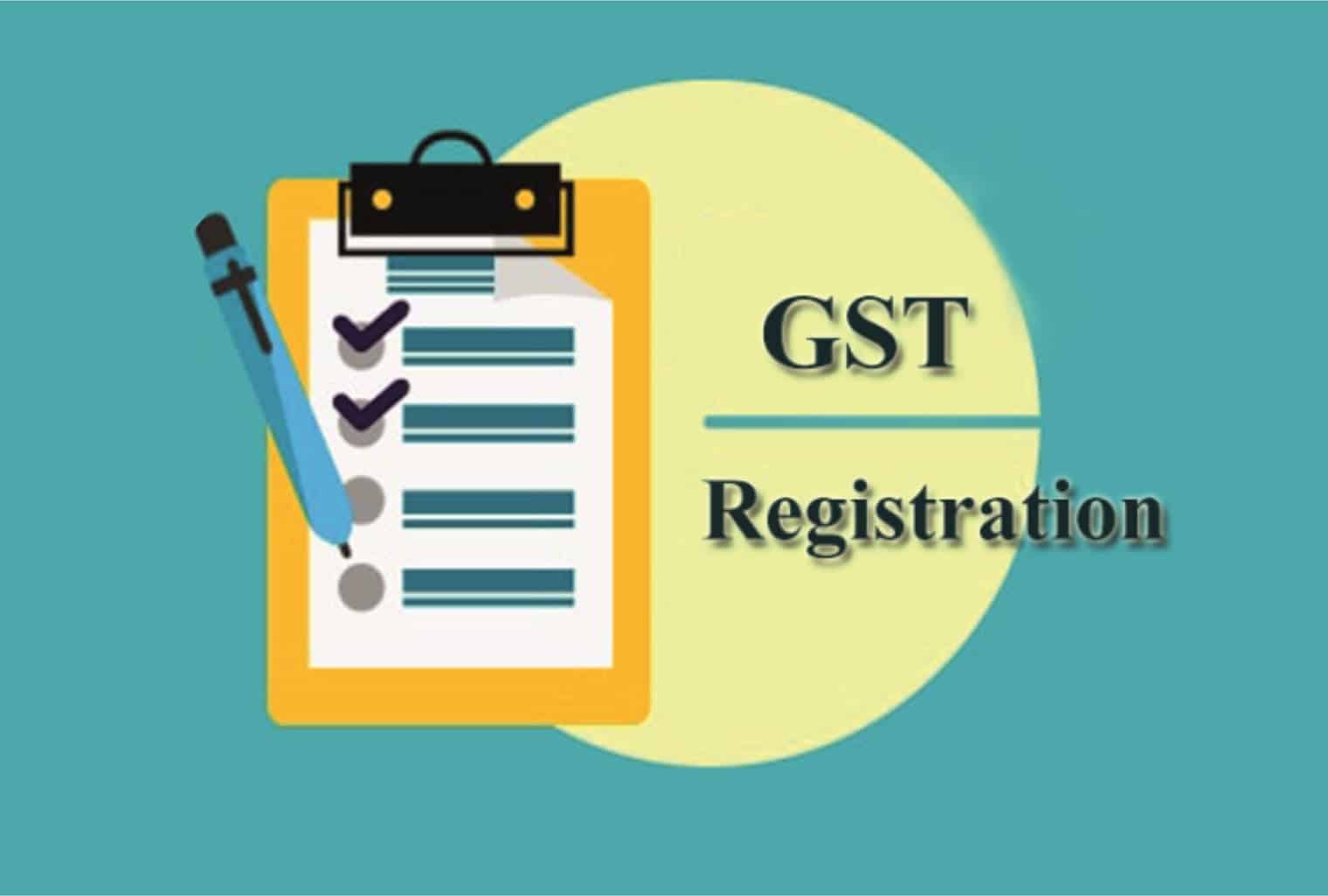
Are you planning to register for company GST Singapore?
Or do you simply want to know more about Singapore company GST registration laws?
Don’t worry!! We are here to help you. Here is everything about GST and company GST registration Singapore.
What is GST?
GST is the Goods and service tax that is included in the price of products sold to consumers. GST in Singapore is 7% and it is applicable to almost all goods and services provided. In GST, the service provider or seller collects the tax from consumers and submits the tax to the government.
A company is obliged for GST registration in Singapore if its yearly sales exceed $1 million. However, if your sales are below $1 million you can still register for GST, it is called voluntary GST registration.
Who is exempted from filing GST in Singapore?
Some companies are exempted from collecting GST or filing sales tax in Singapore, even if their sales exceed $1 million. There are two circumstances for GST exemption:
- The service provided or goods sold by you are zero-rated.
- Or your annual sales are bound to fall below $1 million. However, you will be required to submit documented proof to apply for GST exemption.
What are the requirements for company GST registration Singapore?
The primary requirement for a company to be eligible to apply for GST registration in Singapore is a $1 million turnover in a year. So, if your last year’s turnover was over $1 million or you expect your turnover to be over $1 million in the coming year, you must apply for company GST registration Singapore.
However, for voluntary GST registration, you can apply for company GST registration Singapore even if your turnover is below $1 million. But, there is a requirement. The company’s director must complete two e-learning courses (Registering for GST and Overview of GST) in order to register for GST.
The above can be omitted only if:
- The company’s director has experience in managing other GST-registered companies.
- The person who files the company’s GST is an Accredited Tax Advisor (ATA) or Accredited Tax Practitioner (ATP).
- Or the person who files the GST has already completed the above two e-learning courses within the past two years.
Note that IRAS holds the right of imposing any other requirements and canceling the company’s registration if any of the requirements are not met.
What is the GST registration process in Singapore?
The Singapore company GST registration procedure is very simple. First, you will need to submit an application along with the required documents to IRAS. You can submit the application online through mytax Portal or you can also submit the paper application at the below address.
55 Newton Road, Revenue House, Singapore 307987
Next, you will receive your GST registration confirmation letter from IRAS. The GST registration letter must include the following information:
- Your company GST registration number
- And your company’s effective date of GST registration.
From the effective date, your company can start charging GST from its clients and customers. Note that you cannot start charging GST before the effective date. If you do so, you will be legally charged.
How to file GST Tax Returns?
Calculate Net GST
The first thing you need to do for filing GST returns is calculated your Net GST. Net GST is the difference between your output GST and input GST. (Net GST = Output GST – Input GST)
Now you must be thinking about what is out and input GST?
Output GST is the tax you collected from your clients and customers. And Input GST is the tax you paid to your GST registered suppliers.
Now, if your Net GST is negative, you will receive the amount from IRAC and if the Net GST is positive you will pay that amount to IRAC.
Note that IRAC will refund your GST within 1-3 months only if, you have timely paid your previous GSTs, you are not under IRAC audit, and you don’t have any outstanding GST.
File F5
Once you have calculated the Net GST, you must file an F5 return through the online myTax Portal. You must mention your input and output tax in the F5 return and pay the tax return within 30 days of filing the F5 return. An important thing to note here is you must file a return even if you do not have any GST transaction during the accounting period.
We hope our guide has been informative for you. If you need more information or you are looking for someone to take care of your Tax returns, experiences and qualified accountants at WZ WU & Partners are here to help you. Feel free to contact us for more information.




